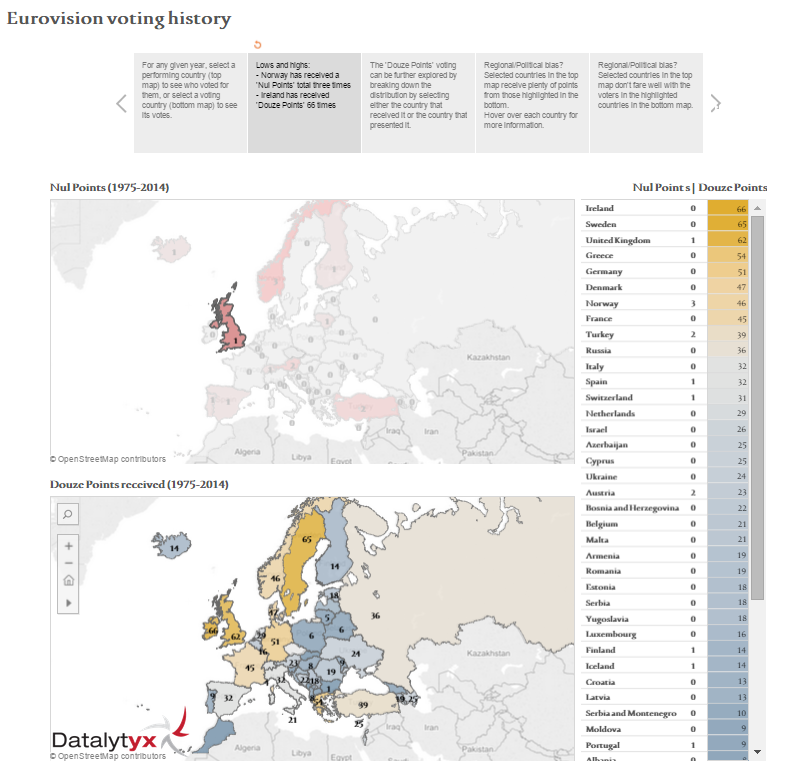Understanding The Eurovision Song Contest Voting System

Table of Contents
The Two-Stage Voting Process: Jury and Televoting
The Eurovision Song Contest voting system employs a dual system, combining professional judgment with popular opinion. This two-stage process ensures a balance between critical appraisal and audience preference, adding layers of complexity and excitement to the results.
-
Juries: Each participating country appoints a five-member jury of music professionals. These juries score each performance independently, providing a layer of expert critique that transcends simple popularity. Their scores are kept secret until the final reveal, adding to the suspense. The jury scoring ensures a degree of objectivity within the Eurovision Song Contest voting process.
-
Televoting: Viewers at home actively participate by voting for their favorite acts via telephone, SMS text messages, or dedicated apps. This element reflects the raw, popular opinion of the Eurovision audience, often differing significantly from the jury's assessments. This public vote is a crucial component of the Eurovision Song Contest voting system.
The weighting of jury and televote scores is typically 50/50, meaning each contributes equally to the final result. However, the Eurovision Song Contest rules allow for some flexibility in this weighting, potentially altering the outcome. This 50/50 split in the Eurovision Song Contest voting system ensures a blend of expert opinion and public preference. The potential for significant discrepancies between jury and televote scores often leads to surprising outcomes and passionate debate amongst viewers, making the announcement of the results a truly nail-biting experience.
The Point Allocation System
Points are awarded based on a ranking system, with each country allocating points to their top choices. This system ensures that each nation's preferences are accurately reflected.
-
Point Allocation: Each country awards points to their top ten favorite performances using the following allocation: 12, 10, 8, 7, 6, 5, 4, 3, 2, and 1 point(s). This point allocation system in the Eurovision Song Contest voting ensures a clear hierarchy within each country's ranking, offering a transparent method for translating preferences into points.
-
No Self-Voting: A crucial rule prevents any country from awarding points to itself, ensuring fairness and preventing manipulation within the Eurovision Song Contest voting system. This eliminates any potential bias towards national entries.
-
Visual Representation: (Imagine a table here showing a sample point allocation from several countries, illustrating how points are distributed and how a winner emerges).
The point allocation system, while seemingly straightforward, can lead to debates and analyses about potential voting biases. Neighboring countries often exhibit similar voting patterns, raising questions about regional alliances or cultural affinities. Understanding the nuances of point allocation within the Eurovision Song Contest voting system requires considering these broader socio-political aspects.
The Role of the EBU (European Broadcasting Union)
The European Broadcasting Union (EBU) plays a crucial role in overseeing the Eurovision Song Contest, guaranteeing fair voting and transparent practices. The EBU's involvement ensures the integrity of the competition and promotes a level playing field for all participants.
-
Rules and Regulations: The EBU sets the rules and regulations that govern the Eurovision Song Contest voting process, aiming to prevent manipulation and maintain fairness. These rules and regulations form the foundation of the Eurovision Song Contest voting system.
-
Monitoring the Voting Process: The EBU actively monitors the voting process to detect and address any potential irregularities or disputes. This active oversight ensures the integrity of the Eurovision Song Contest voting system.
-
Dispute Resolution: The EBU has established processes for handling potential voting irregularities or disputes, ensuring a fair and just outcome in any contentious situations. This transparent mechanism is part of the larger framework of the Eurovision Song Contest voting system.
Controversy and Debate Surrounding the Voting System
The Eurovision Song Contest voting system has been a subject of continuous debate, with recurring controversies surrounding potential voting blocs and political influences.
-
Voting Blocs: The tendency for neighboring or culturally similar countries to vote for each other, sometimes referred to as “voting blocs,” is frequently discussed. This raises questions about whether such patterns unduly influence the outcome.
-
Political Influences: Some suggest that political relations between countries might subtly impact voting patterns, adding another layer of complexity to interpreting the results of the Eurovision Song Contest voting system.
-
Past Controversies: Various instances throughout Eurovision history have sparked debate, highlighting the complexities and occasional inconsistencies within the system.
Discussions on potential reforms to the Eurovision Song Contest voting system continue, aiming to improve fairness and transparency, while still retaining the excitement and unpredictability that makes Eurovision such a captivating event.
Conclusion
The Eurovision Song Contest Voting System, while complex, is designed to balance professional judgment with popular opinion. Understanding the two-stage process, the point allocation system, and the EBU's oversight is crucial for fully appreciating the competition's results. The interaction between jury and televotes often creates unexpected results, leading to the thrilling climax we see every year. By understanding the intricacies of the Eurovision Song Contest Voting System, you can become a more informed and engaged viewer, ready to analyze and debate the results of this iconic event. Dive deeper into the world of Eurovision voting and explore the various nuances that make this competition unique!

Featured Posts
-
 Gilbert Burns Vs Michael Morales Ufc Fight Night 227 Result And Analysis
May 19, 2025
Gilbert Burns Vs Michael Morales Ufc Fight Night 227 Result And Analysis
May 19, 2025 -
 Ufc 313 Controversy Fighter Admits Defeat Following Robbery Accusations
May 19, 2025
Ufc 313 Controversy Fighter Admits Defeat Following Robbery Accusations
May 19, 2025 -
 April 18 2025 Nyt Mini Crossword Answers And Hints
May 19, 2025
April 18 2025 Nyt Mini Crossword Answers And Hints
May 19, 2025 -
 1 70 The New Price Of A First Class Stamp In The Uk
May 19, 2025
1 70 The New Price Of A First Class Stamp In The Uk
May 19, 2025 -
 Final Destination Bloodline A Directors Perspective On Franchise Evolution
May 19, 2025
Final Destination Bloodline A Directors Perspective On Franchise Evolution
May 19, 2025
